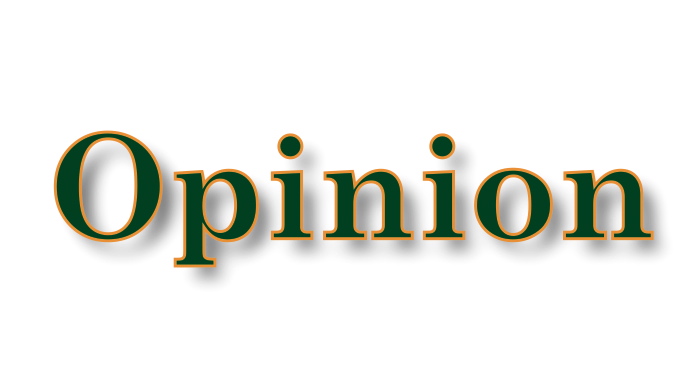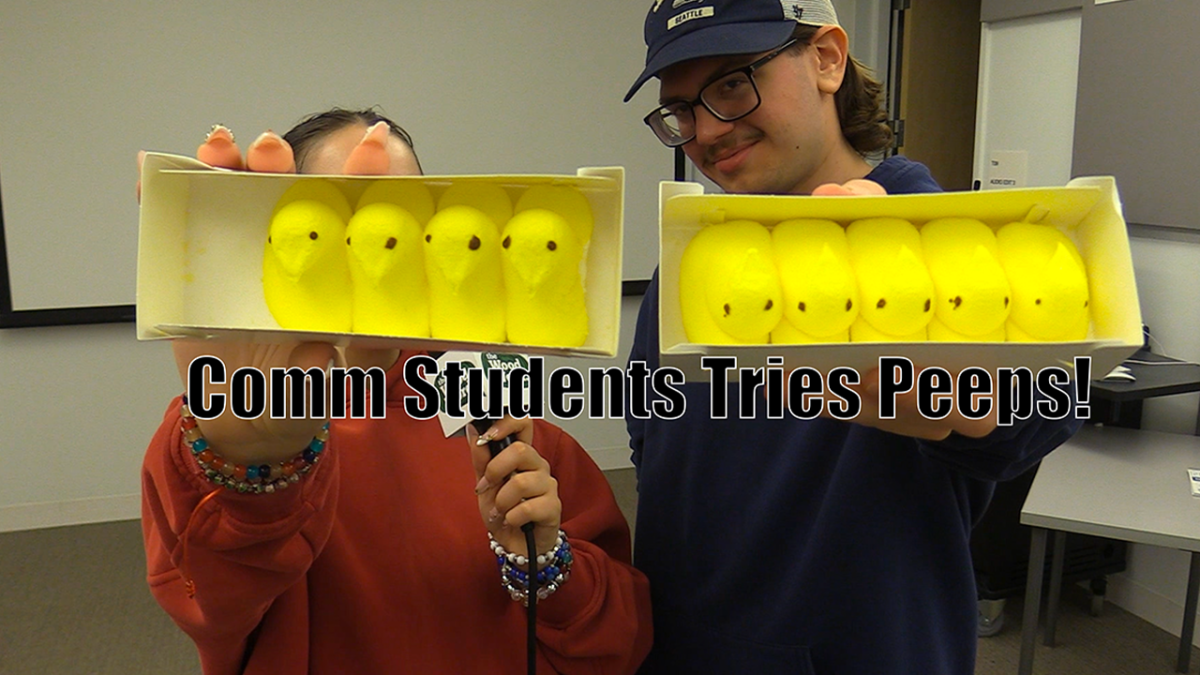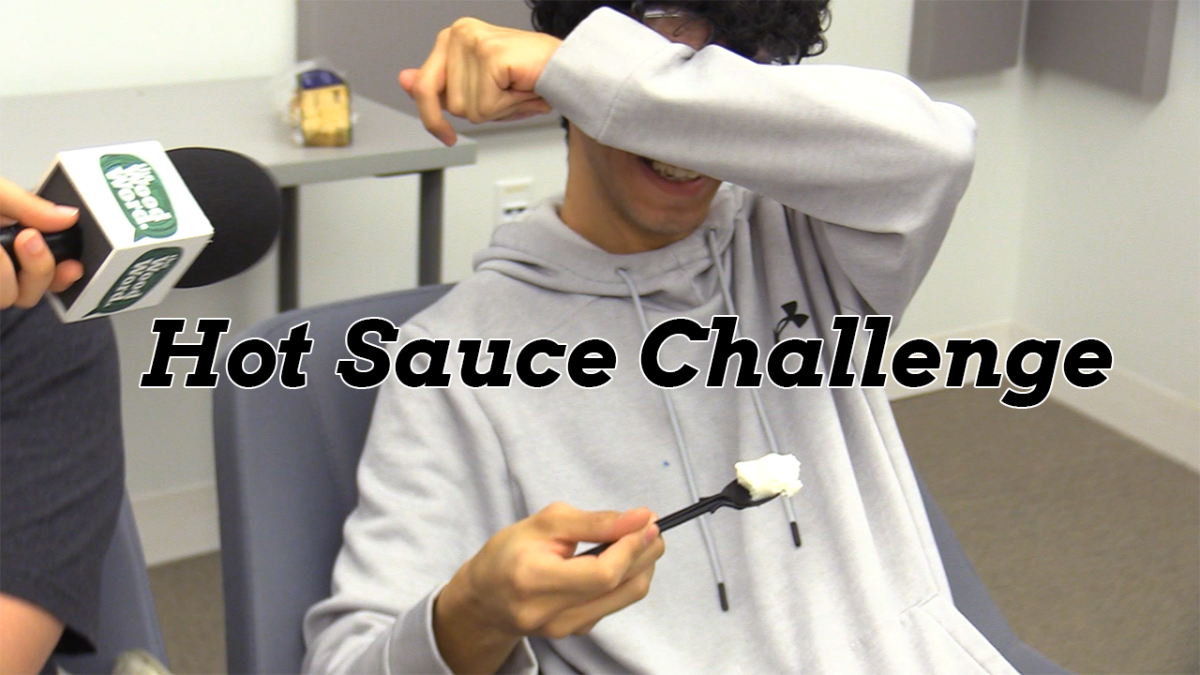“The willingness of the journalist to be transparent about what he or she has done is at the heart of establishing that the journalist is concerned with truth.”
This quote, from Kovach and Rosenstiel’s book, “The Elements of Journalism” highlights the importance of transparency in the pursuit of truth.
But transparency is a principle that extends far beyond journalism. Transparency is a principle that can be applied in almost any arena, and implies openness, clear communication, and accountability.
While The Wood Word does its best to be transparent about its pursuit of truth, the same can not always be said for those on whom we report. When Wood Word news staff went looking for answers about why there was a sudden jump in the Student Activities fee, Marywood administration would not provide information about where that extra $50 per student would be spent.
As stated in the September issue of The Wood Word, Director of Student Activities and Leadership Development, Carl Oliveri, was not even informed of the increased fee. This strongly suggests that both students, faculty, and staff are not being informed of major decisions happening at the university–especially decisions related to University finances.
And, this isn’t the first time The Wood Word has been turned away when looking for information on University affairs. Our administration tends to shy away and not be forthcoming with information. It’s a perfectly legal reaction. But is it ethical? And, does it reflect our core values?
Students have a right to know where and how their tuition money is being spent, regardless if we agree with it or not. As students, we should have the right to question our university and get answers from our administration.
Our duty as journalists for the university’s newspaper is to inform not only students, but also the faculty, staff, alumni and the greater Marywood community of what is happening in our university. This is what’s known as the “watchdog” principle, referring to the duty the press has to “watch over” and monitor those in power and to make sure the public is aware of what is going on in its communities.
If our administration was more willing to be transparent about their decision-making process, they could benefit from student feedback, which could better the university. It would also offer more credibility to the university; students would be able to trust the university and perhaps be more involved in decisions, thus increasing student involvement.
Google said it best in their transparency report: “We believe that more information means more choice, more freedom and ultimately more power for the individual.”
We agree, and we hope Marywood can become more transparent and willing to answer to students because it can benefit everyone in the long run.










